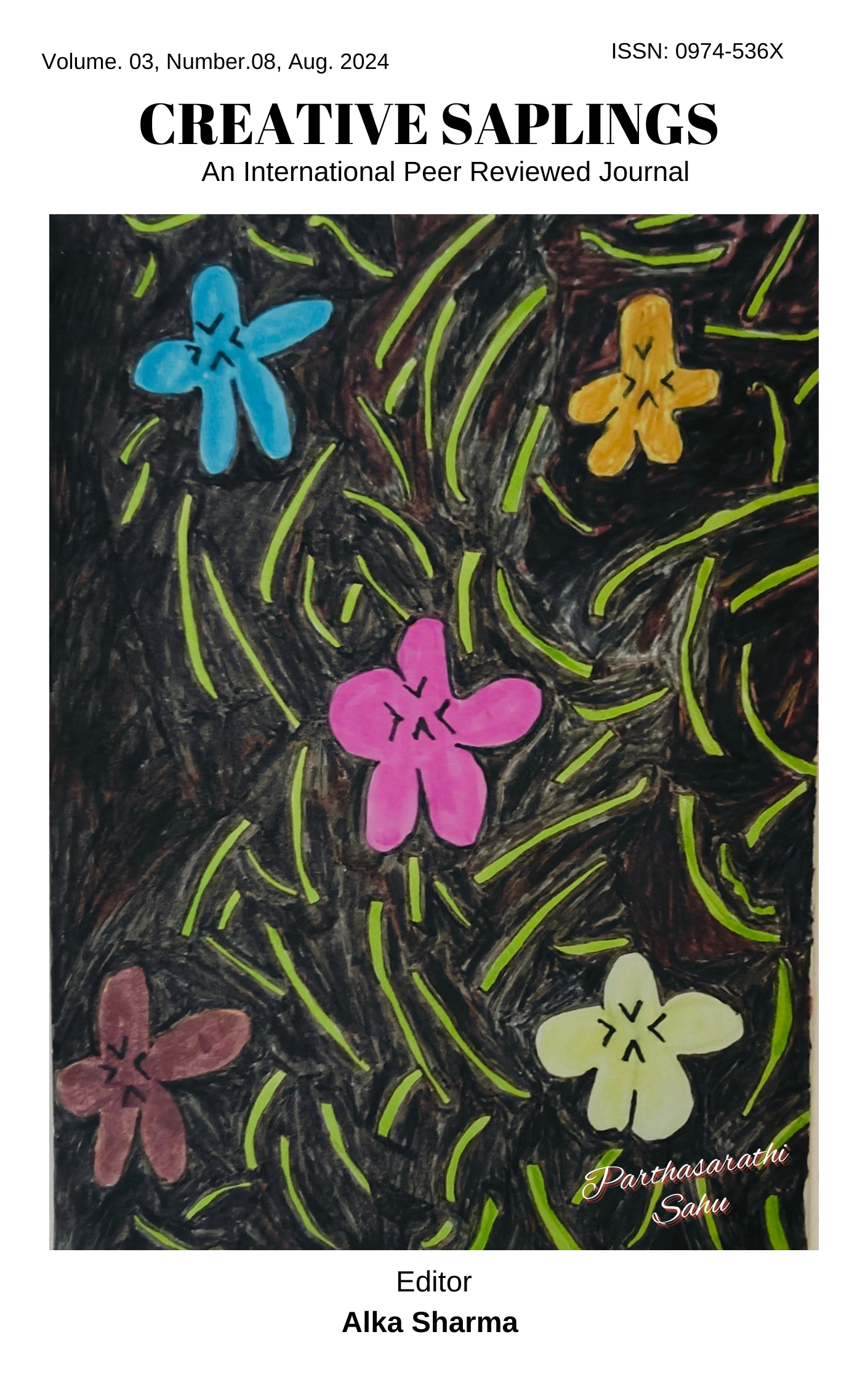The Portrayal of Domestic Conflicts in Manju Kapur’s Novel A Married Woman
DOI:
https://doi.org/10.56062/gtrs.2024.3.8.671Keywords:
Domestic, Disharmony, Patriarchal and Oppresses, Married Woman, Manju KapurAbstract
This research specifically examines Kapur’s literary works that expose the lack of harmony prevalent in Indian homes. Manju Kapur skilfully emphasizes the protagonist’s familial difficulties in her stories. While women in general lack autonomy, educated women actively want to achieve it. Kapur’s paintings exemplify the oppressive nature of traditional Indian culture towards women, restricting their autonomy and agency. Patriarchs and society exert significant influence over every element of women’s life. Women’s emotions, whatever of their nature, are dismissed and they are compelled to hide them. Due of this pressure, women have initiated a rebellion. Nevertheless, when Kapur’s female characters are compelled to disobey their older family members, they have difficulties in managing the situation. The researcher’s examination of each of Kapur’s books is crucial in illustrating the characters’ autonomy in decision-making. In the novel A Married Woman, the main character challenges traditional male-dominated standards and societal regulations to establish her uniqueness. However, this behaviour also creates complications in her personal life at home.
References
Sharma, Gajendra Dutt, and Rakhi Maheshwari. “Woman in Quest for Sexual Freedom and Emancipation in Manju Kapur’s A Married Woman.” Rise of New Woman: Novels of Manju Kapur, edited by Ram Sharma, Manglam Publications, 2013, pp. 141-146.
Kumar, Ashok. “The Insurgent Female Psyche in Manju Kapur’s A Married Woman: A Socio-Ethical Study.” Indian Writing in English, edited by Binod Mishra and Sanjay Kumar, Atlantic Publishers & Distributors, 2006, pp. 129-138.
Verma, Anuradha. “Manju Kapur’s Astha: A Married Woman.” New Perspectives on Indian English Writings, edited by Malti Agarwal, Atlantic Publishers & Distributors, 2007, pp. 51-56.
Woolf, Virginia. A Room of One’s Own. Foundation Books, 2006.
Rajpur, Kalpna. “The Self-Syndrome in the Novels of Manju Kapur.” Novels of Manju Kapur: A Feministic Study, edited by Ashok Kumar, Sarup Book Publishers, 2010, pp. 110-125.
Downloads
Published
Issue
Section
License
Copyright (c) 2024 N. Sathiyarajan

This work is licensed under a Creative Commons Attribution-NonCommercial 4.0 International License.



















